

You need a huge knowledge base
Colleagues who run companies similar to mine like repeating that in this field, one year of work is equal to five in an ordinary company, and I agree with them. You need a huge knowledge base that is updated non-stop, the ability to multitask, and flexibility of thinking. But all the effort pays off with a tremendous amount of experience, which I hope allows me to express my thoughts about cold calling in B2B today.
Observation #1. Cold calling manager has questionable profitability
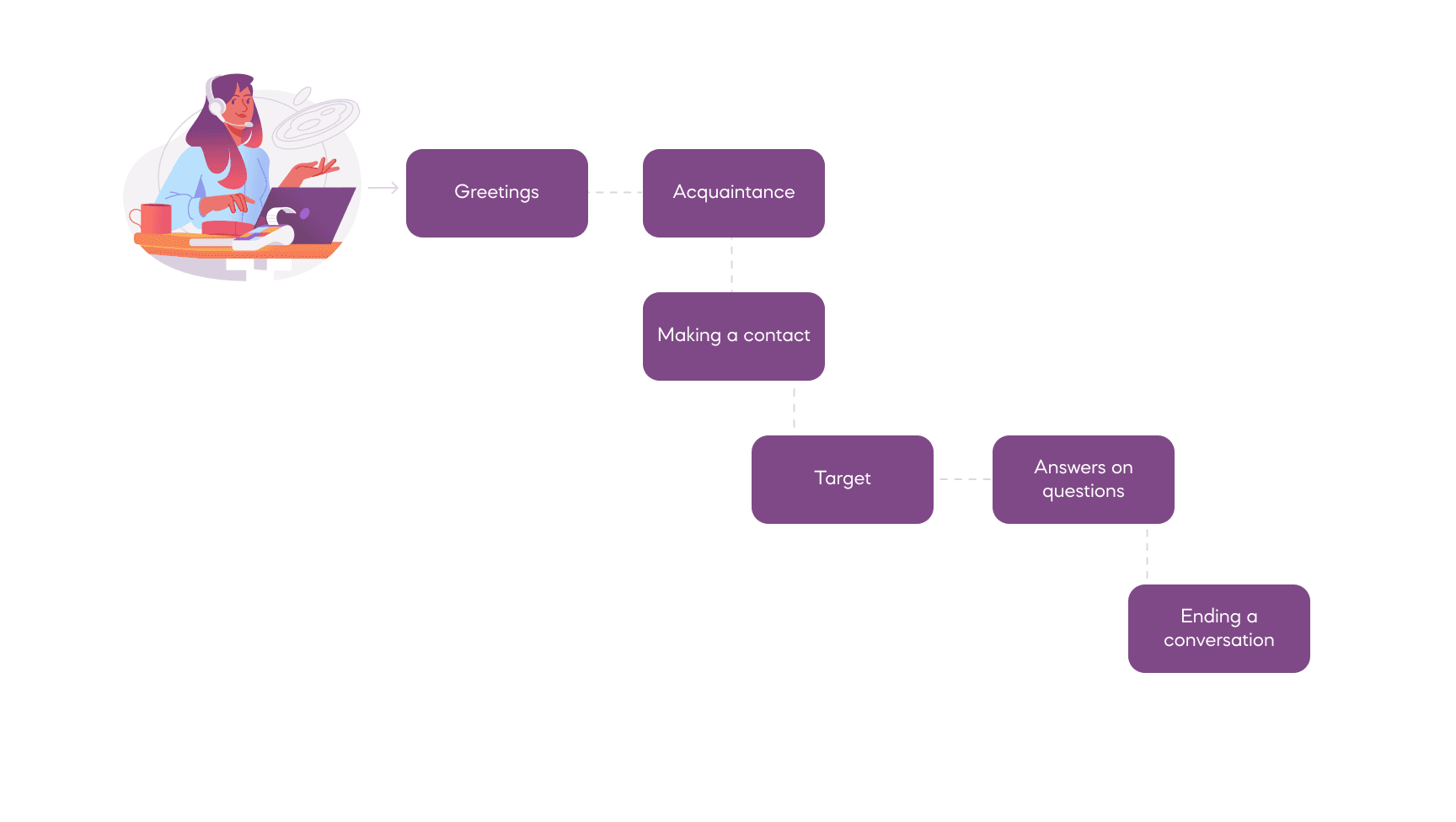
I am sure that a person engaged in cold calling, at least 50% of the time, does not bring his company a profit that really justifies the costs of his salary, the organization of his workplace and the necessary equipment, the hours spent ... and even the electricity that his computer consumes. The outsourcing savings, of course, significantly reduces costs, but does not change the situation as a whole. I have seen many cases when a manager did not bring the company even 25 thousand dollars for six months of hard work.
In such cases, it makes sense to find other marketing channels for promoting your goods and services, for example, letters.
Although there are situations when cold calling is justified:
- You have already used all possible methods.
- You need to see the target audience's response to the new product.
- You are developing a specific partner, waiting for fruitful cooperation.
By the way, you can use not only full potential bpo, but also make a partial transfer of the call center to outsourcing, but this is true, by the way.
Observation #2. It makes sense to sell cold for the sake of a very hot profit
We happened to deal with companies whose client base held ten lines, but what clients they were! The formula “the more good leads are, the stronger business is” lost its meaning with them.
Suppose you're in a similar situation. You know that company A needs a product/service similar to yours, and concluding an agreement promises enormous profits. You begin to process it, or more exactly, significant persons in its structure: those who will ultimately be able to tilt the collegial decision in your favor. You are looking for ways to approach them, trying to interest them. You can use letters here. By the way, in the USA this is one of the most popular methods of communication, and although I don’t know why big companies fail to innovate in this area, the fact remains a fact. But cold calling also works, and not bad.
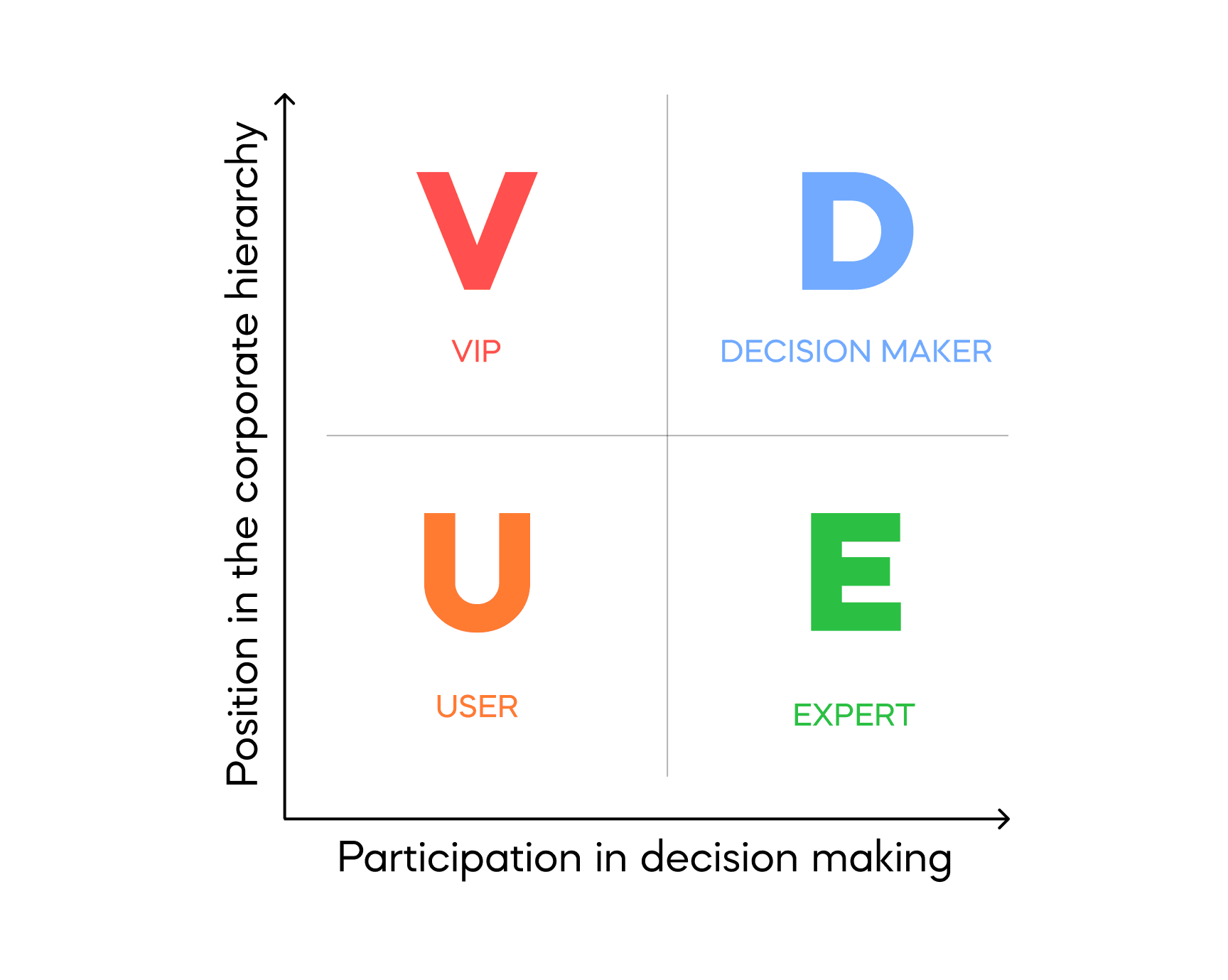
Observation #3. In transactions with large contracts, scripts are more often a hindrance than a help
Today, the word “scripts” refers to the entire set of tools that the operator uses:
- The legend of the call is a reason that allows it to be “legalized”.
- Speech modules are prepared arguments that will encourage people to listen to you.
- Logical tree is modules that reinforce each other and allow you to build a conversation in the direction you need.
Low-level operators are provided with such scripts ready-made. They are written by the boss himself, his deputies, some even turn to bpo companies to get a text from a real professional, whose hiring would be too expensive.
However, a manager who concludes deals with large price tags cannot use someone else's language. Firstly, he must have an excellent command of speech modules, and secondly, he must skillfully use them during the conversation, using both his own preparations and impromptu.
One of my friends started a cold call without any introduction: “Hello! Please connect me with the head of the communications department." It did not always work, but in most cases the request was satisfied. If asked, he introduced himself, but did not provide lengthy explanations like “We offer you the setup of IP telephony and cloud PBX...”. If the friend started with an outsourcing sentence, it would hardly have worked, since the person on the other end of the line was simply not competent in resolving such issues.
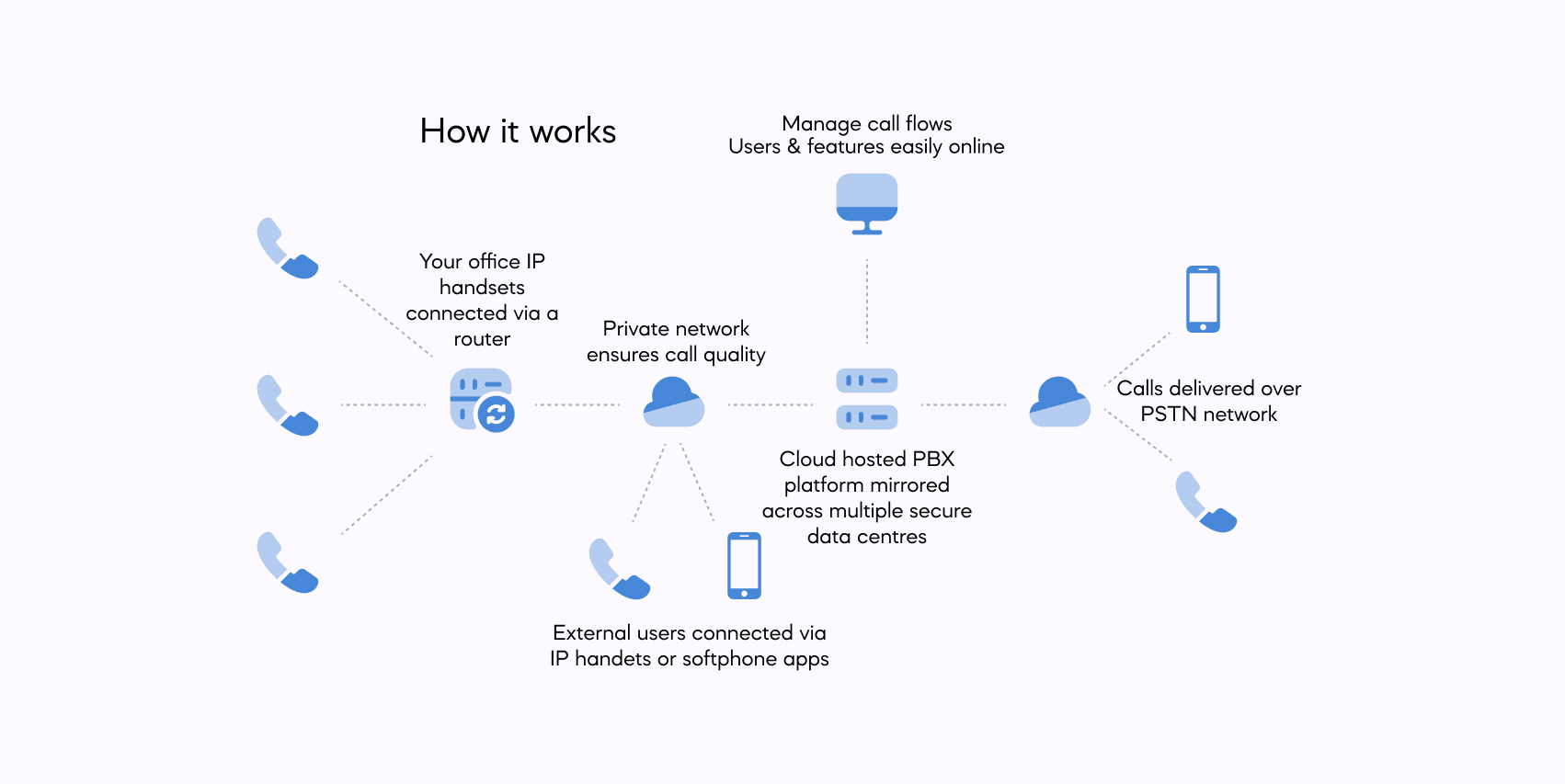
The conversation with the head of the communications department began with a greeting and a short explanation: “I would like to talk to you about a virtual IP PBX.” From the interlocutor’s reaction, it immediately became clear whether the company was interested in his product or not, and the conversation either ended or moved on to discussing details and arranging a meeting. Thus, within a day, my friend managed to provide the company with 5 to 8 potential clients through cold calls.
By choosing the right keys, you can promote anything – from hospitality outsourcing to office security services and staff catering. In general, creating a call legend is rather a joint effort of a manager and a product specialist, in which the latter must suggest product sales channels and help find the keys to them.
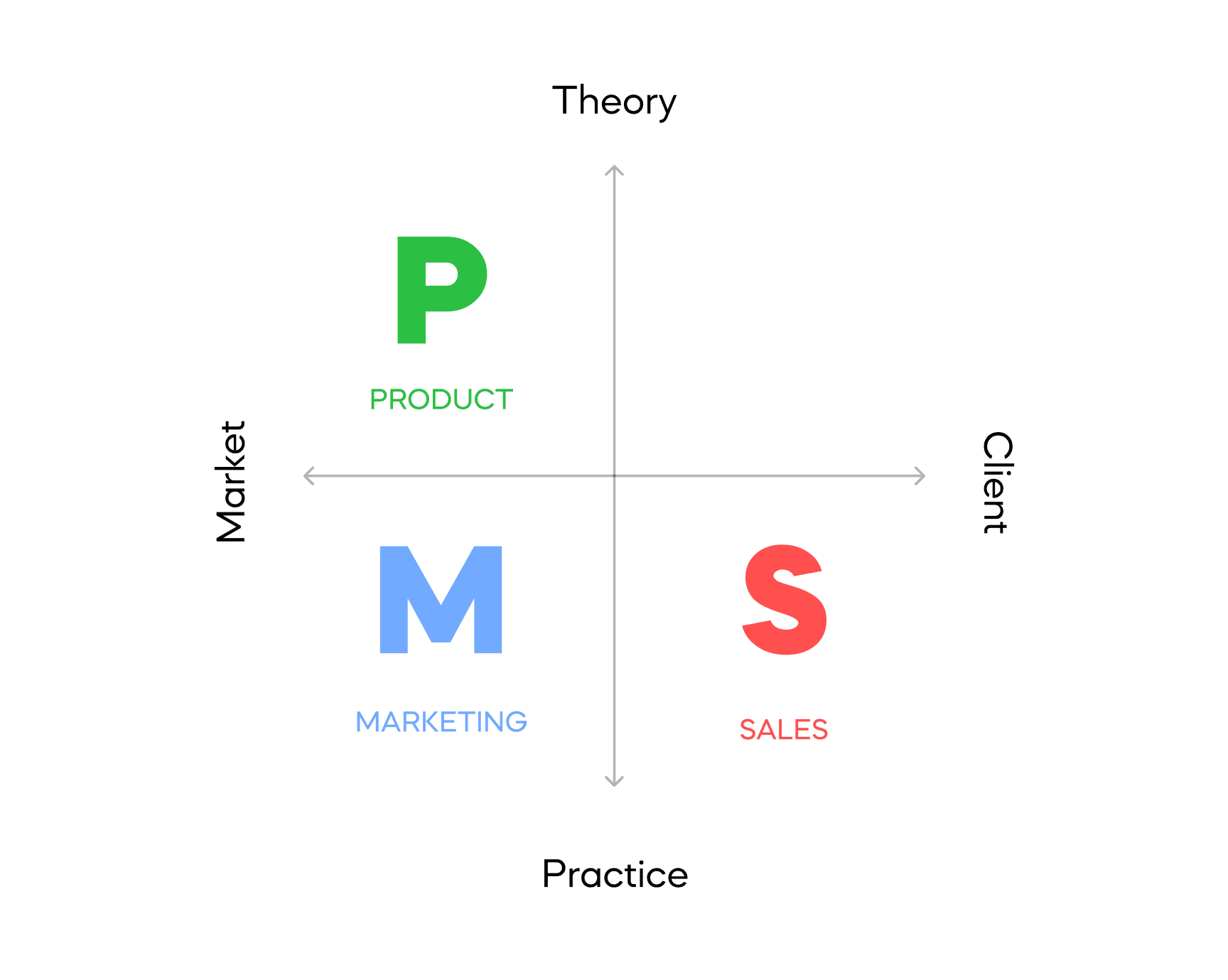
Observation #4: If the conversion in the next step drops below 50%, the key is incorrect
The various tricks that managers use when making cold calls will not matter if the key is initially chosen incorrectly. Do clients fail over and over again, refusing to move on to the next step? So you guessed wrong with the key.
As a good example, I’ll cite the experience of another friend of mine who is engaged in business process consulting and provide servicing for automatic gates, including sectional doors in parking lots, car repair shops and car showrooms, service stations, etc. If a malfunction occurs with the drive of such gates, this threatens the company with serious losses, a queue of dissatisfied customers, conflicts with masters and problems with security, but as long as everything works smoothly, even the chief engineer may not remember about the drive.
At the request of the friend, I carefully studied the market and made up a legend, after which we began calling the first car services, although my friend thought this was a bad idea from the very beginning. The reason was that we ended up with call center operators who might not even know what is the fundamental goal of outsourcing.
– Hello! – I said. – I’m calling about diagnosing sectional doors.
– Which ones? – the manager asked, not understanding.
– Yours, of course! – I spoke with friendliness and confidence.
The manager still did not understand anything and was in a hurry to get rid of me, guessing that, apparently, it was necessary to forward me with this question to the chief engineer. Here I again repeated my words about diagnostics, after which the engineer first of all asked whether his company had a contract with us.
– No, but I hope it will be concluded, – I added cheerfully. – We carry out the first diagnostics free of charge, if everything suits you; we are ready to sign an agreement with you on customer service 24/7.
Almost no one took this message negatively. Usually I was immediately asked to set a time for diagnostics, I pretended to check the calendar, looking for an empty slot, and set a time.
The first 5 calls resulted in an agreement for 5 meetings in 5 different car services. One of the second-level managers from my friend’s company came to the diagnostics with his engineer, who carried out the diagnostics, explained what needed replacing and what could be left untouched for several more years, after which the manager calculated and announced the cost of future services. In the vast majority of cases, an outsourcing customer service agreement has been concluded.
Observation #5. Knowledge of the client’s pain points and the characteristics of the microsegment simplifies the task
The term “pain” in business refers to the needs of clients, although not every one of them really deserves such a big word. The importance of the “pain” is determined by the deadline, which either requires it to be satisfied as soon as possible, or allows you to delay time until a more convenient opportunity. For example, the approaching deadline for submitting documents to the tax office increases the degree of “pain,” while a need, the solution of which is not driven into a strict time frame, is not “pain” at all. An example close to my type of activity is business process outsourcing, since a company can begin the transition to a new system immediately or later, at a more convenient time.
The importance of the deadline is especially clear in the example of purchasing:
- Core, directly related to the company’s activities and its obligations to customers (raw materials and tools for production of goods, etc.). The deadline for such purchases is dictated by the production cycle. If the previous batch of something runs out, it must be replenished so that production does not stop.
- Non-core, designed to meet internal needs. Their deadline is vaguer and is often associated with replenishing the budget after a large order or launching a new project, when the company has the opportunity/ need to deal with outsourcing questions.
Several potential clients with “pains” marked by approximately the same deadline make up a micro-segment. The useful habit of dividing your clients into micro-segments makes it easier to calculate their “pains” and promptly offer solutions for them, increasing conversion and reducing the time spent on completing a transaction.
Observation #6. The main sums are brought in not by cold calls, but by pressure
There are very few operators who really enjoy cold calling. I can immediately name, perhaps, only one case that happened at the beginning of my career, when we were first creating a call center outsourcing for a bank. At that time, I had the opportunity to meet Andreas, a cold calling manager. You won't believe it – this guy deliberately made things difficult for himself! For example, he could make a bet with a colleague that he would insert a certain word into a dialogue with a client that had nothing to do with the topic (for me it was “wall and “waves,” although it was about vacuum cleaners), and then he actually did it. What for? He was interested in challenging himself.
I must say, his cold calls went great, but then dead ends began. Creative, with flexible thinking and a labile nervous system, he turned out to be practically useless where monotonous actions were required: approvals, reminders, signing... Then I concluded for myself that when organizing a domestic call center, and, in principle, any call center, preference should be given to operators who are strong in pressure. Yes, there are clients who readily come to you, ready to sign a contract; they just need a little guidance. But these are rare. It takes a long and difficult time to establish contact with the majority, to remain polite despite the caller’s ostentatious rudeness, and to be able to make it clear that he is dealing with professionals. And this is where pressure is needed. It’s not difficult to identify specialists with such abilities, especially since when you engage in outsourcing problem, you quickly learn to understand people. Calm, not afraid of routine, stubborn, like a sprout breaking through the asphalt, they are the ones who show the best results, and not the experts at “talking” the client on the first call, who let him off the hook on the second or third one.
Observation #7. The cascading call center structure rarely pays off
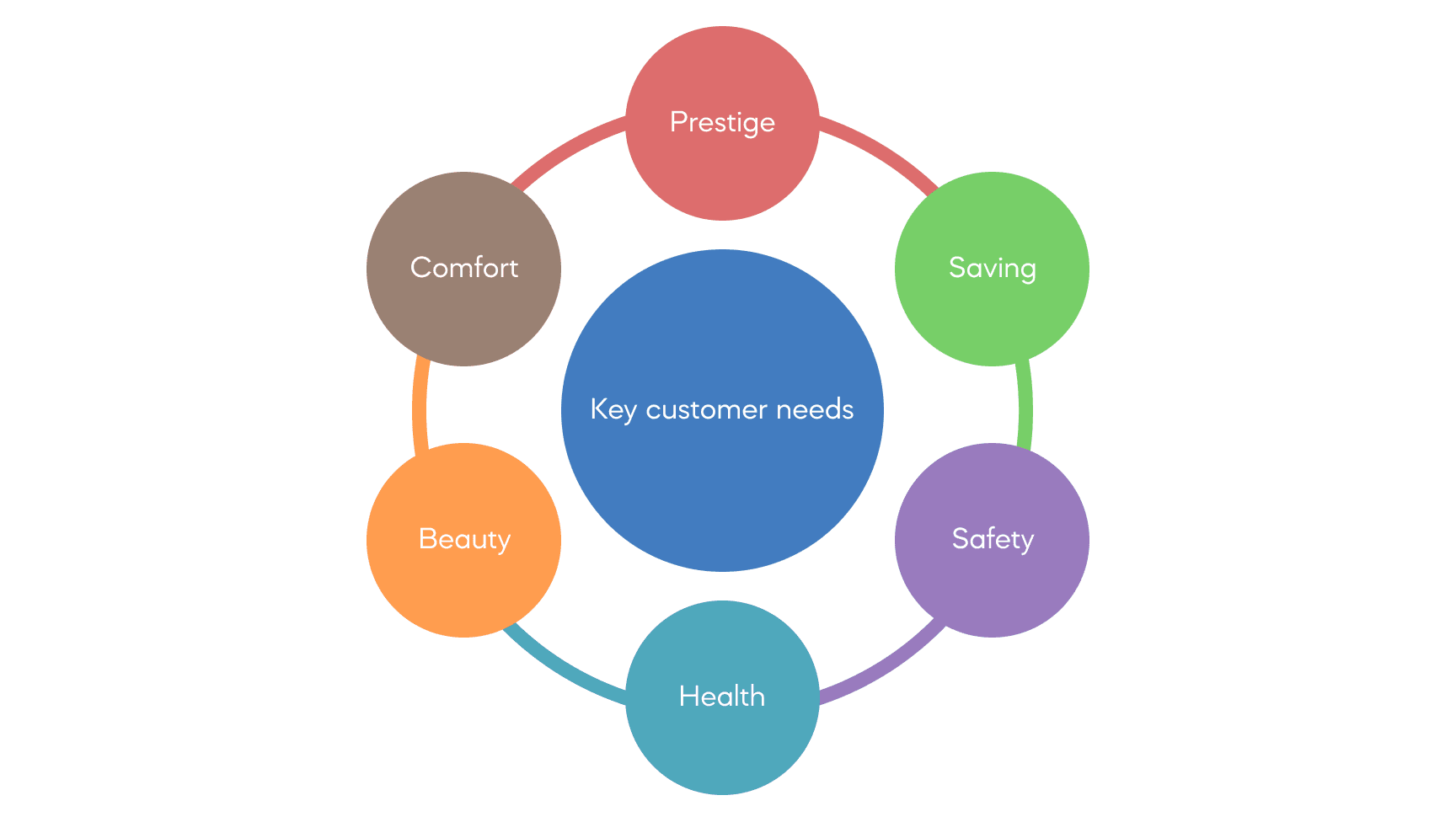
A very common phenomenon when calling is the so-called cascading, when one operator makes cold calls, and then the client, who is ready for a deal, is intercepted by second-line managers. Moreover, this is done by both individual companies operating on their own and call center outsourcing company.
Meanwhile, the “cascade” system has two major drawbacks:
- Qualified leads are often lost in the transfer process.
- People are extremely reluctant to work as a first-line manager.
And if in the first case it is possible to secure the deal by tying the moment of transfer to some event, such as a product demonstration, which is negotiated by the operator of the first line of the “cascade”, and a higher-level manager is directly involved in it, then in the second case the situation will only be corrected by an increase in wages. People like Andreas are rare. If, again, we return to my experience of organizing a call center team, people are not specifically looking for the “cold call operator” vacancy, and only an attractive salary can change their minds. Decide for yourself how beneficial this is for you.
Observation #8. It’s better to take a difficult case by storm
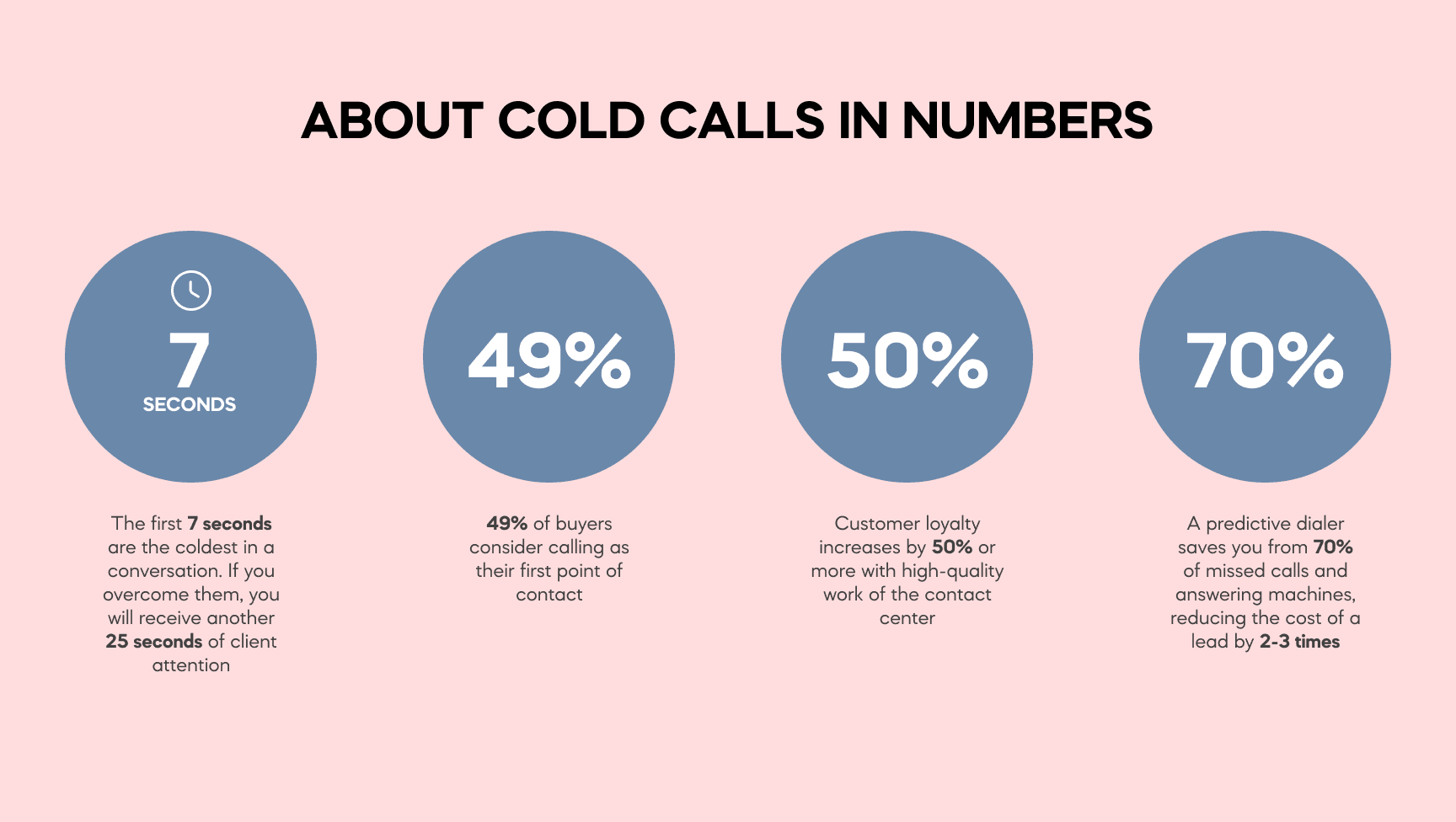
Nobody, with a few exceptions, likes making cold calls. Many managers, like children who put off homework until the evening and then do it with their eyes sticking together, delay the call as long as possible, increasing their duty and future problems. Do you think the only way out of this situation is the strong will that the operator must show? No.
Once I have had the opportunity to gain experience in one of the top call centers in the Philippines, where I have spotted an interesting idea. They were doing cold calling there on a promotional basis. That is, let’s say, on Monday, from morning until lunch, all managers started making calls, organizing a real storm on potential clients, and there was a strict rule that prohibited operators from being distracted by any business other than the most necessary.
In most cases, by lunchtime, the companies for which remote operators worked had accumulated enough leads that they could push through until the end of the week without distracting operators with hated cold calls.
I hope you found my article useful. Againagain.agency, like many of the top bpo companies in the world, has a lot of experience and many victories, so I think I have something to share with you in the future for our common benefit.
